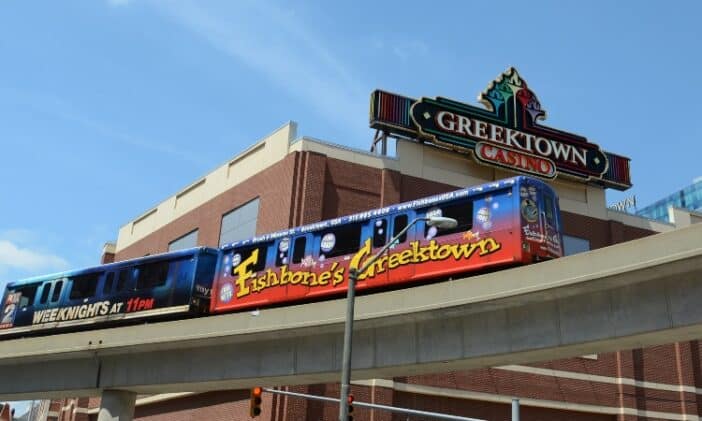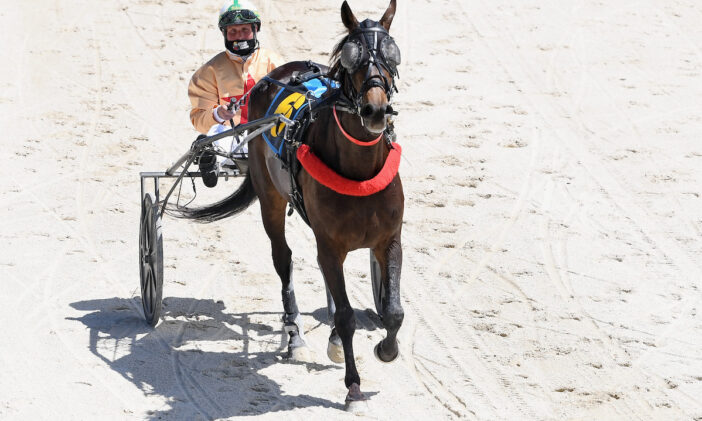Michigan collected $365 million in taxes in fiscal year 2022 (Oct. 1, 2021-Sept. 30, 2022) from Detroit casinos, retail sports betting, and mobile gaming to be applied to the Michigan School Aid Fund, the state’s gaming control board announced last week.
The three Detroit casinos generated close to $1.3 billion in revenue outside of sports wagering during the 2022 calendar year, a slight decline from the previous year, but MGM Grand Detroit, MotorCity Casino, and Greektown Casino closed the year strong with a combined $108.3 million in revenue for December, up 8.4% from November. The three retail casinos represent the largest chunk of gambling tax revenue for the state.
Taxes from casinos and retail sports betting establishments go directly to the School Aid Fund every month, while taxes collected from mobile betting and fantasy sports are transferred to the fund at the end of the fiscal year after required allocations. Casino wagering taxes yielded $101.8 million for the School Aid Fund in calendar year 2022, with another $711,000 coming from retail sports betting taxes. The Michigan Gaming Control Board (MGCB) announced last summer it had collected $2.5 billion in gambling taxes for the fund in the agency’s 25 years of existence.
“Dollars invested in education are critical to the development of Michigan’s future workforce,” MGCB Executive Director Henry Williams said in a statement. “My MGCB colleagues and I are proud to play our role in helping Michigan schools by collecting wagering taxes on legal, regulated gaming.”
State relies on gambling taxes for schools
Until 1994, Michigan schools were funded primarily through local sources until Proposition A passed, ushering in the era of state funding for education. The Michigan Gaming Control and Revenue Act was signed into law by Gov. John Engler in 1997, followed by a series of state laws opening the state to legal, regulated mobile sports betting and fantasy contests in 2019.
The MGCB authorized mobile gaming and sports betting on Dec. 20, 2021.
“Legal, regulated gaming has grown in Michigan in ways no one likely imagined in 1997,” Williams said. “At the time, the internet had about 130 million users, and many thought it was a passing fad. The focus was on the brick-and-mortar casinos and what they could do for the city of Detroit. Both forms of gaming have proven their worth in raising funding for Michigan’s schools.”
The MGCB maintains two self-exclusion programs for problem gamblers, including the Disassociated Persons List, in which members of the public can ban themselves from Detroit casinos with the option of remaining on the list or opting out after five years.
Photo: Shutterstock





